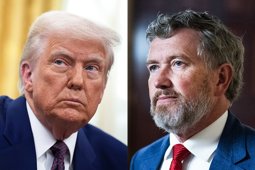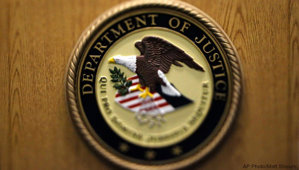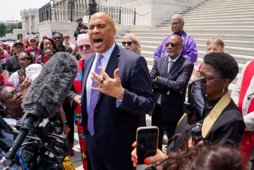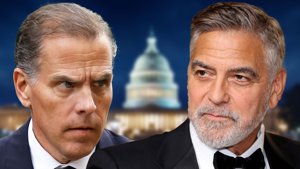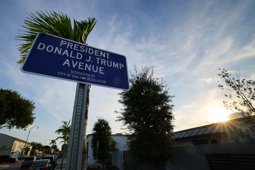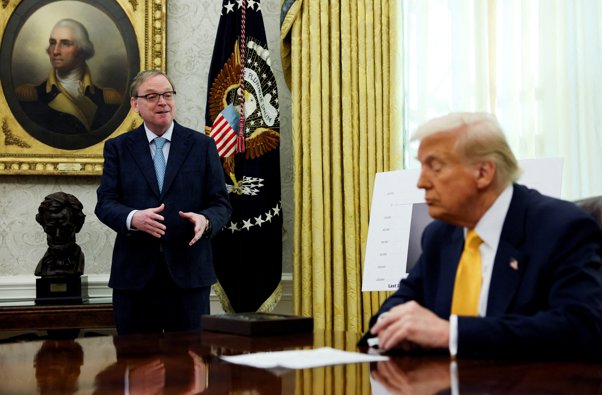
White House Confident on Trump Tariffs
Kevin Hassett says the Trump administration is “very, very confident” courts will uphold tariffs amid emergency powers dispute.
Tariff Fight Intensifies as Courts Weigh Emergency Authority
White House Economic Council Director Kevin Hassett expressed firm confidence Sunday that courts will uphold President Donald Trump’s latest round of tariffs, even after a federal court ruling declared the measures exceeded presidential authority under emergency law.
Speaking on ABC’s “This Week,” Hassett described the administration’s position as resilient despite the setback. “We are very confident that the judges would uphold this law,” he told host George Stephanopoulos. “That’s Plan A, and we’re very, very confident that Plan A is all we’re ever going to need.”
Hassett defended the use of emergency powers to enact the tariffs, invoking the rising death toll from fentanyl as justification. “If, for some reason, some judge were to say that it’s not a national emergency when more Americans die from fentanyl than in all American wars combined... then we’ll have other alternatives to pursue to make American trade fair again,” he added.
The legal battle centers on tariffs imposed April 2 under the International Emergency Economic Powers Act (IEEPA), which Trump used to establish a 10% baseline tariff and new reciprocal tariffs aimed at countering perceived trade imbalances.
Appeals Court Grants Temporary Reprieve
Last week, the U.S. Court of International Trade (CIT) unanimously ruled to block the tariffs, stating that Trump had overstepped his legal bounds. The three-judge panel included appointees from Trump, former President Barack Obama, and former President Ronald Reagan. They agreed that while the president wields significant power, it is not “unbounded” under IEEPA.
However, the ruling was temporarily stayed by an appeals court the next day, allowing the tariffs to remain in effect during further litigation. The stay shifts the burden to the Trump administration, which must now demonstrate that lifting the tariffs would result in “irreparable harm” — a high legal threshold.
At stake is not only the future of Trump’s trade agenda but also the broader interpretation of presidential emergency authority. The outcome could redefine how far a president can go in using emergency powers for economic and trade-related measures.
For now, Trump’s tariffs continue under the protection of the appeals court stay, but the legal battle is far from over. Hassett’s remarks signal the administration is prepared to defend the tariffs vigorously in court and pursue alternatives if necessary to preserve the policy objectives tied to national economic security.

